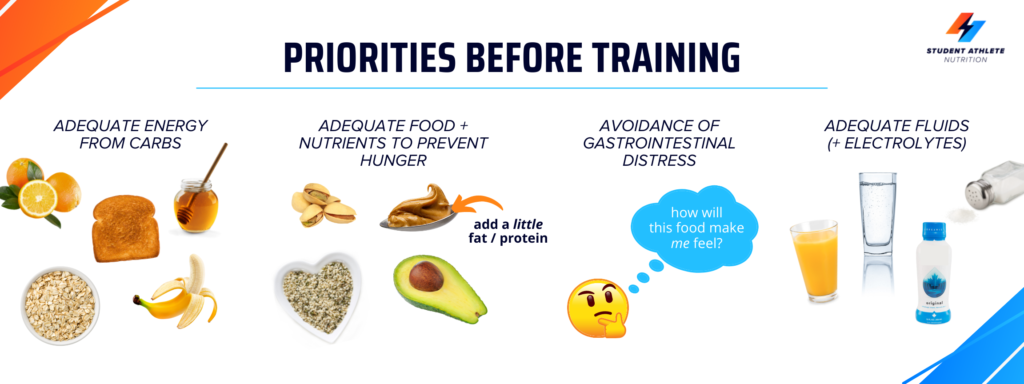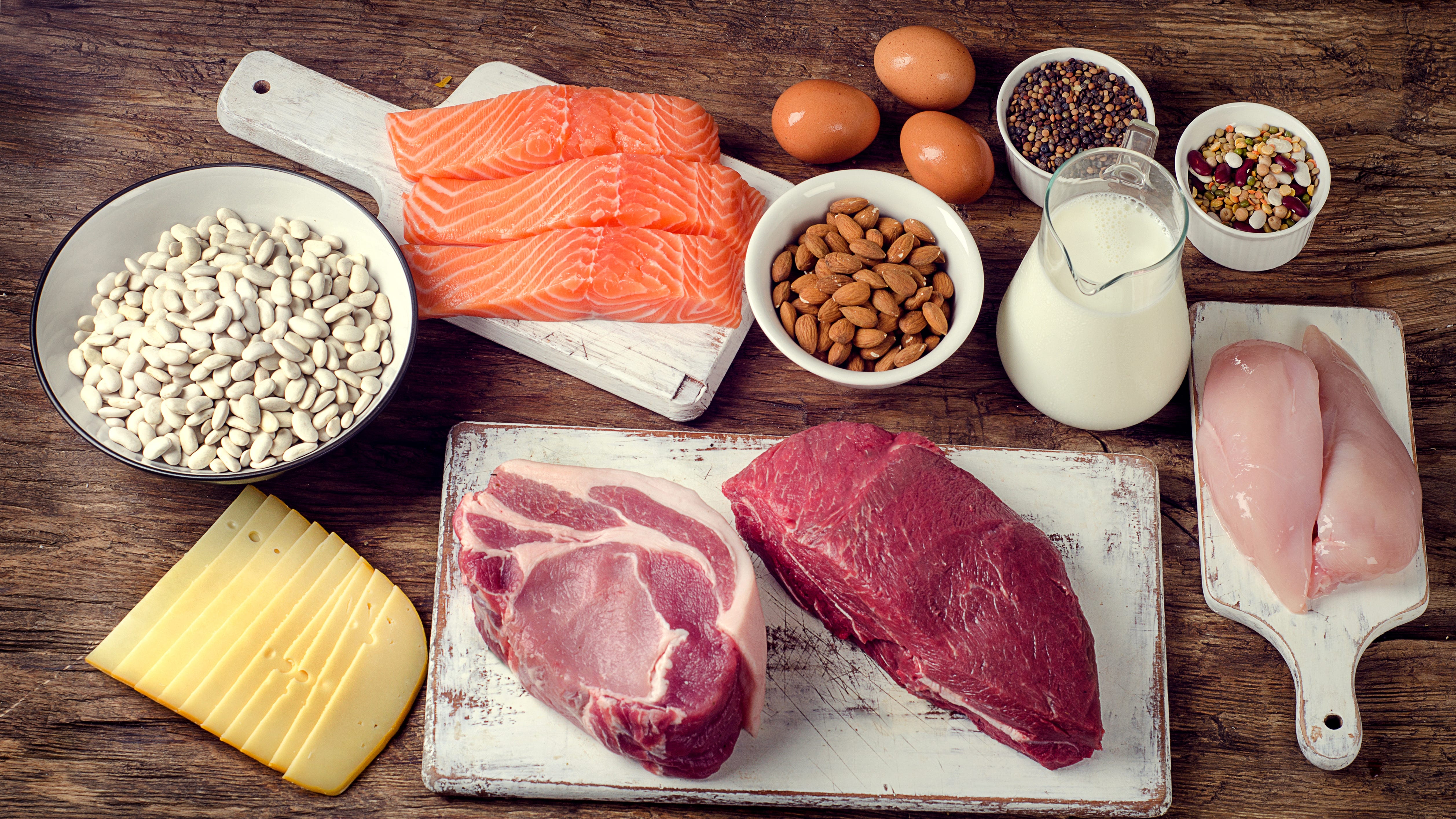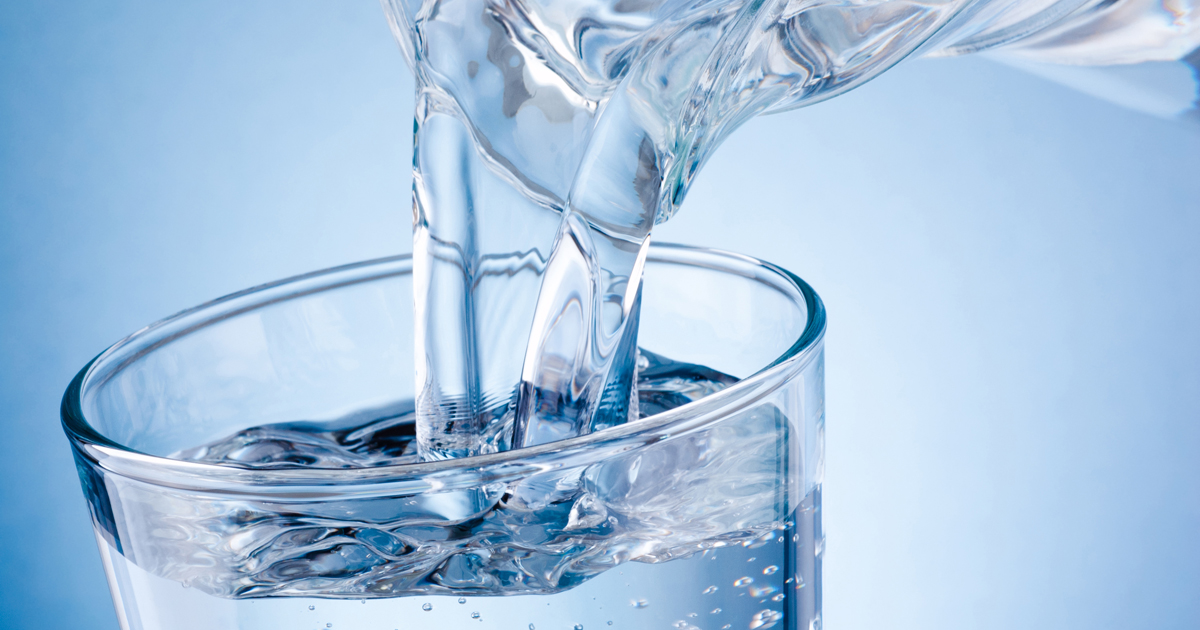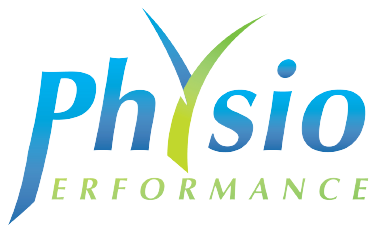Here at Physio Performance, we treat a lot of GAA players and sports injuries each week, so we completely understand how important the GAA Championship season is!
Match week nutrition is a key element when wanting to perform to your best.
Carbohydrates are the body’s primary energy source for exercise and are stored as glycogen in the muscles and liver, therefore carbohydrate loading is a strategy to maximize energy stores for optimal performance. So, what’s the best carbohydrate recommendation for athletes?
Studies show that carbohydrate intakes of 8-12g/kg/body mass in the days before a competition can significantly reduce fatigue and improve endurance performance, for an 80kg male this would amount to 960g of carbs! The main purpose of carb-loading is to store energy/ glycogen in your muscles and liver so that you can delay the onset of fatigue and perform at your best in endurance (e.g. running, triathlon) and high-intensity intermittent (e.g. football, rugby) sports.
The main idea of carb-loading is to increase carbohydrate intake by consuming a combination of easy-to-digest carbohydrate foods, drinks and gels. Together with reduced training volume during the tapering period, this helps to increase glycogen stores. Carb loading can be done from one to six days before any intensive athletic event.
A gradual approach to carb loading is almost always best, gradually increasing carbohydrate intake in the days leading up to the game, aim to increase carbohydrate from ~40% of your plate up to 55-60% of your plate in the days prior to the game.
As you can see with carbohydrate loading there is far more volume to your meals, and eating that much pasta or potatoes is not recommended. It’s important to eat foods that can be better absorbed by the muscles and will not cause gastrointestinal discomfort. Not all carbohydrates do this.
The glycaemic index (GI) determines the effect a certain food has on blood glucose with high-GI foods being broken down much quicker during digestion than low-GI foods, and are absorbed by the muscles more effectively. High GI foods will quickly release energy, while low GI foods will cause a slow release of energy.
Foods with a high glycaemic load (GL) have a greater quantity of carbohydrates for a given weight of food, and together with GI allow your muscles to efficiently obtain more carbohydrates.
Large intake of fibrous (typically low-GI) foods can lead to some gastrointestinal discomfort so it may also be wise to focus on simple, low fibre foods to alleviate digestive issues. White potatoes are high-GI and GL and removing the skins reduces the fibre content, making mashed potatoes an ideal choice when carb-loading.
While carbohydrates are a main focus, it is vitally important to keep protein content high with lean meats such as beef or chicken. This is in order to support muscle protein synthesis during the tapering phase of training in the days before the game.
The hard training is now out of the way and it is important to support the body with good nutrition in order to peak on match day! Vegetables and fats should also be included in each meal, again to support bodily function and aid in recovery and peaking for performance.
Hydration is another key aspect of match week nutrition, a good guideline for hydration levels is 2.5-3 litres per day on average. However, it is important to remember that this may increase with activity, as additional fluids will be needed to replace those lost during exercise through sweat etc.
Are you training hard for GAA Championships?
From advice to strength training to deep tissue sports massage, Physio Performance is here to help you from start to finish!
Next step:
Want to get in touch with our team?
You can contact us on 041-9877059 or at info@physioperformance.ie. You can also book an appointment online with us HERE.






